Category: Compressed Air
Optimize Compressor Health with an Air Compressor Monitoring System
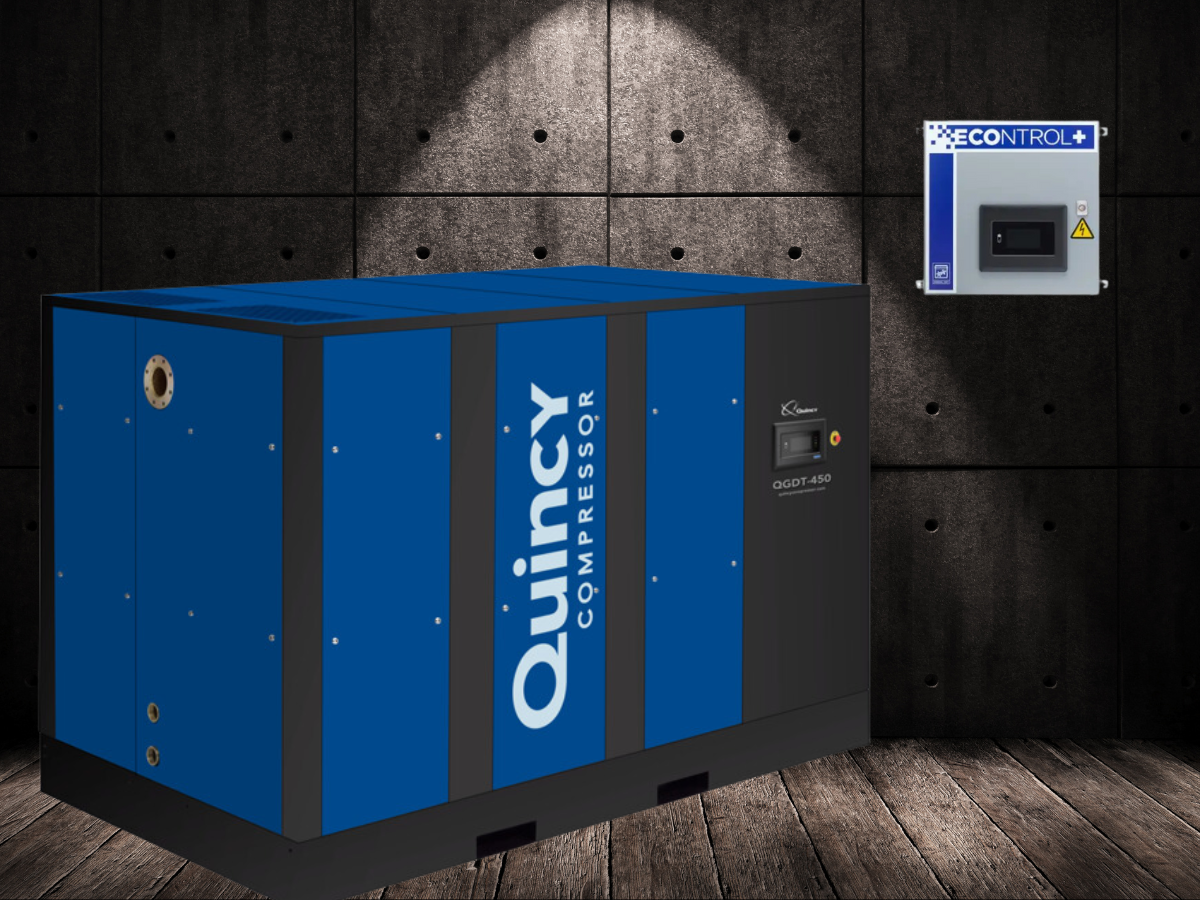
Compressed air is often cited as the fourth utility for businesses that rely on the resource for daily operations, so experiencing air compressor downtime can create a costly problem for manufacturers. However, a good air compressor monitoring system gives users the power of remote equipment monitoring and provides visibility into the compressor room, allowing optimization […]
11 Essential Tips Regarding Vacuum Pump Maintenance
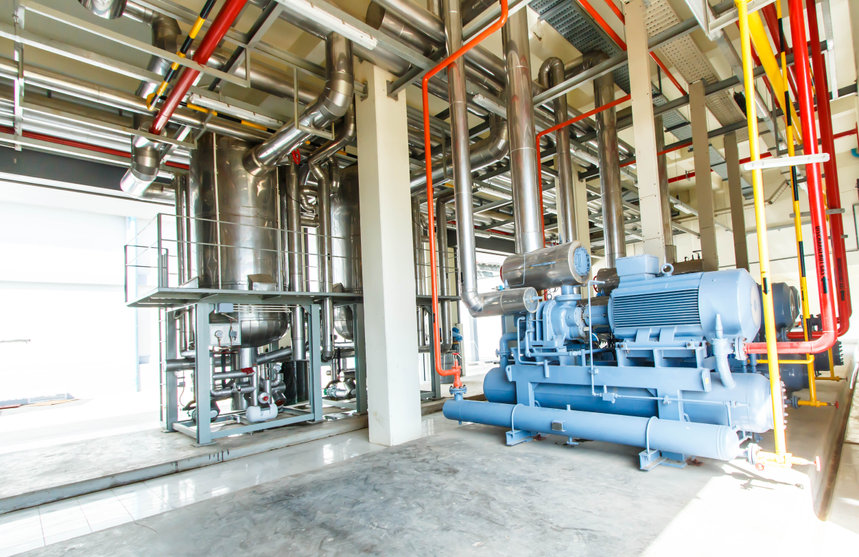
Industrial vacuum pumps create low-pressure environments in applications across a broad range of industries and often play an integral role in the process, so scheduling routine inspections, performing preventive maintenance and being aware of signs of trouble is essential to keeping your vacuum pumps – and production – up and running. This blog will provide […]
Nitrogen Generation Systems Deliver Low-Cost Nitrogen
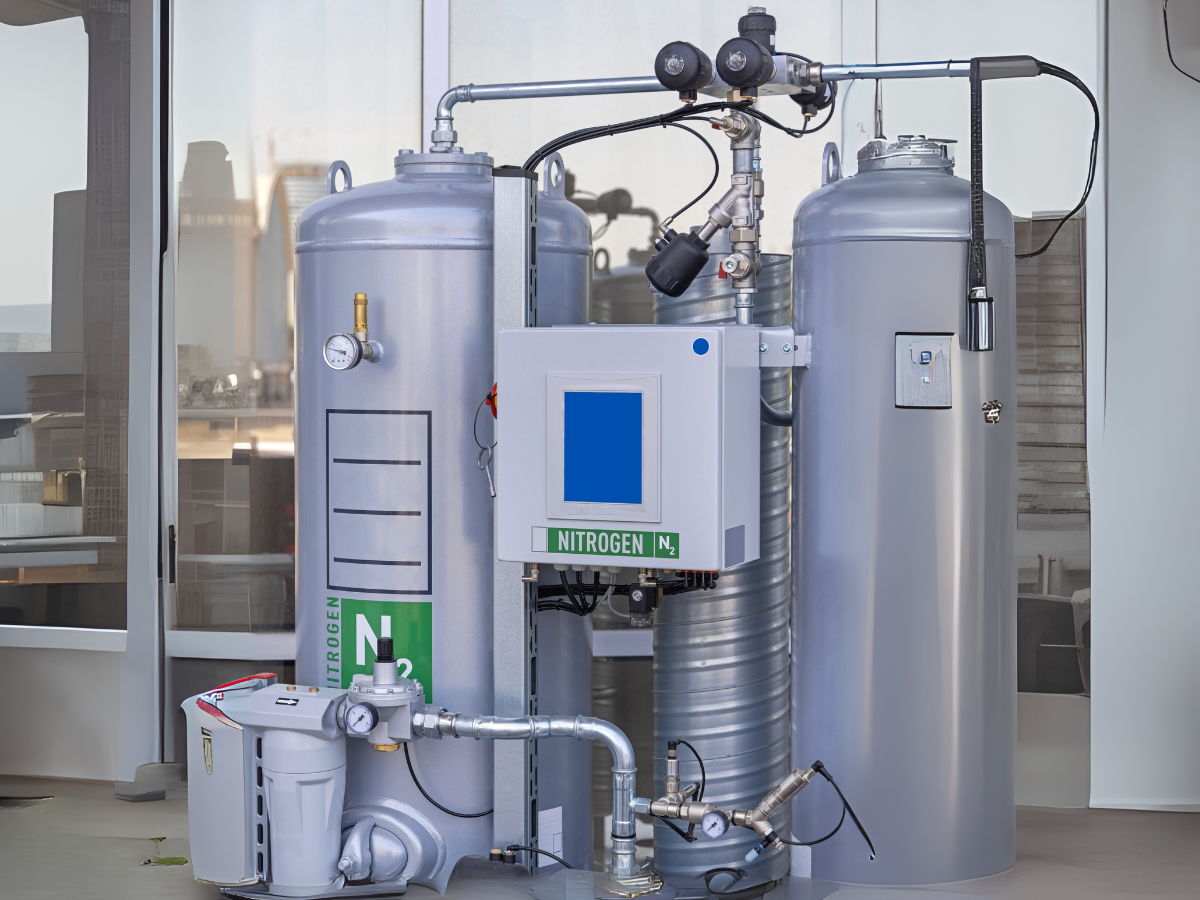
High-purity nitrogen is used in a variety of applications throughout the manufacturing industry, but delivery of nitrogen in the form of dewars, bulk liquid N2 or high-pressure compressed gas cylinders is costly, unsafe and requires reliance upon a third-party supplier. For these reasons, many users are converting from traditional nitrogen delivery to on-site nitrogen generation […]
7 Critical Steps for Air Compressor Installation

The installation of an air compressor has a significant impact on its efficiency, safety, performance and lifespan, so getting it right is essential to optimal operation. While air compressor installation demands experienced know-how, the first step is understanding the basics of the process. This blog outlines seven critical steps for air compressor set up to […]
Understanding VSDs, Inlet Valves and Other Rotary Screw Compressor Parts
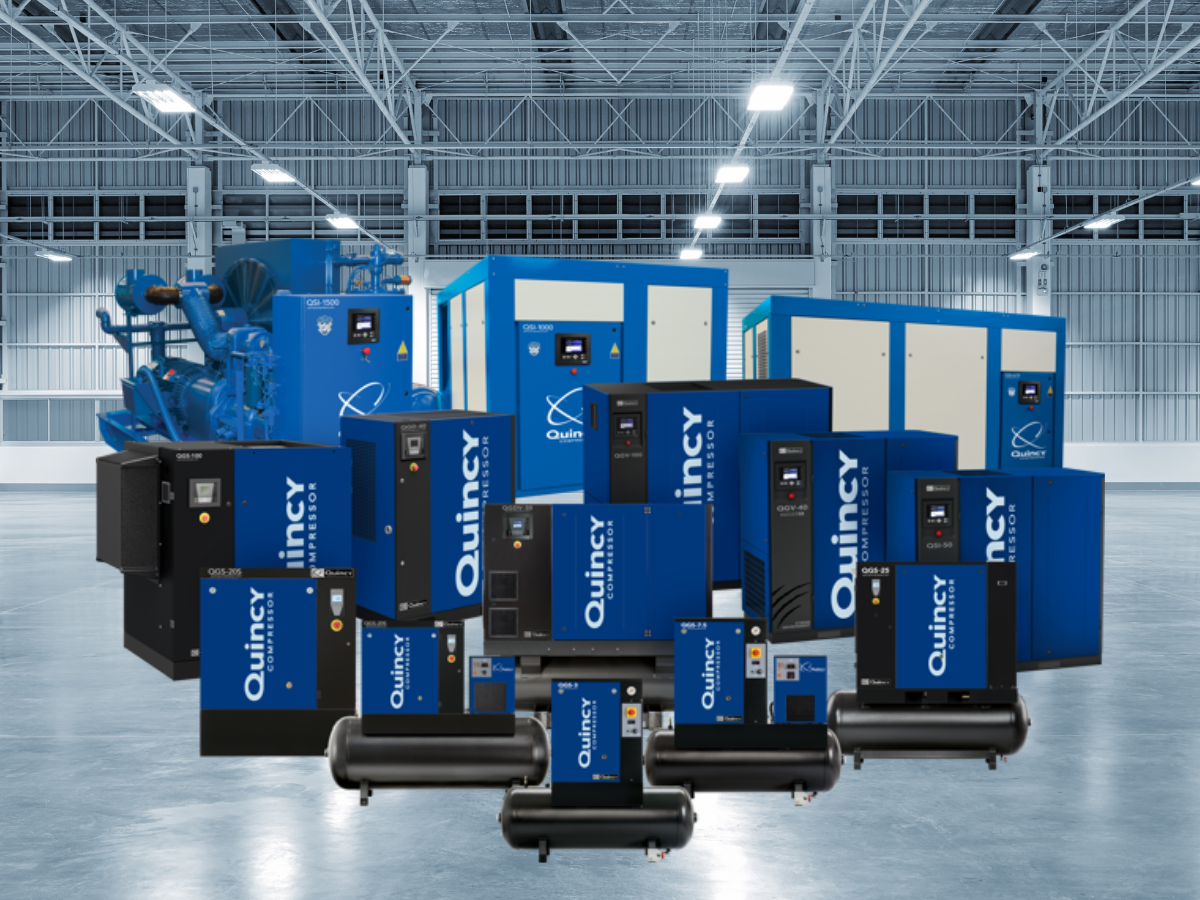
Rotary screw air compressors are a mainstay in many industrial facilities as they offer a 100% duty cycle, which means they can run 24/7 without taking a break, unlike piston-powered air compressors that provide intermittent duty cycles. While one might think that a continuous duty cycle results in higher electric bills, the truth is that […]
How Do Scroll Air Compressors Operate and Why Use One?
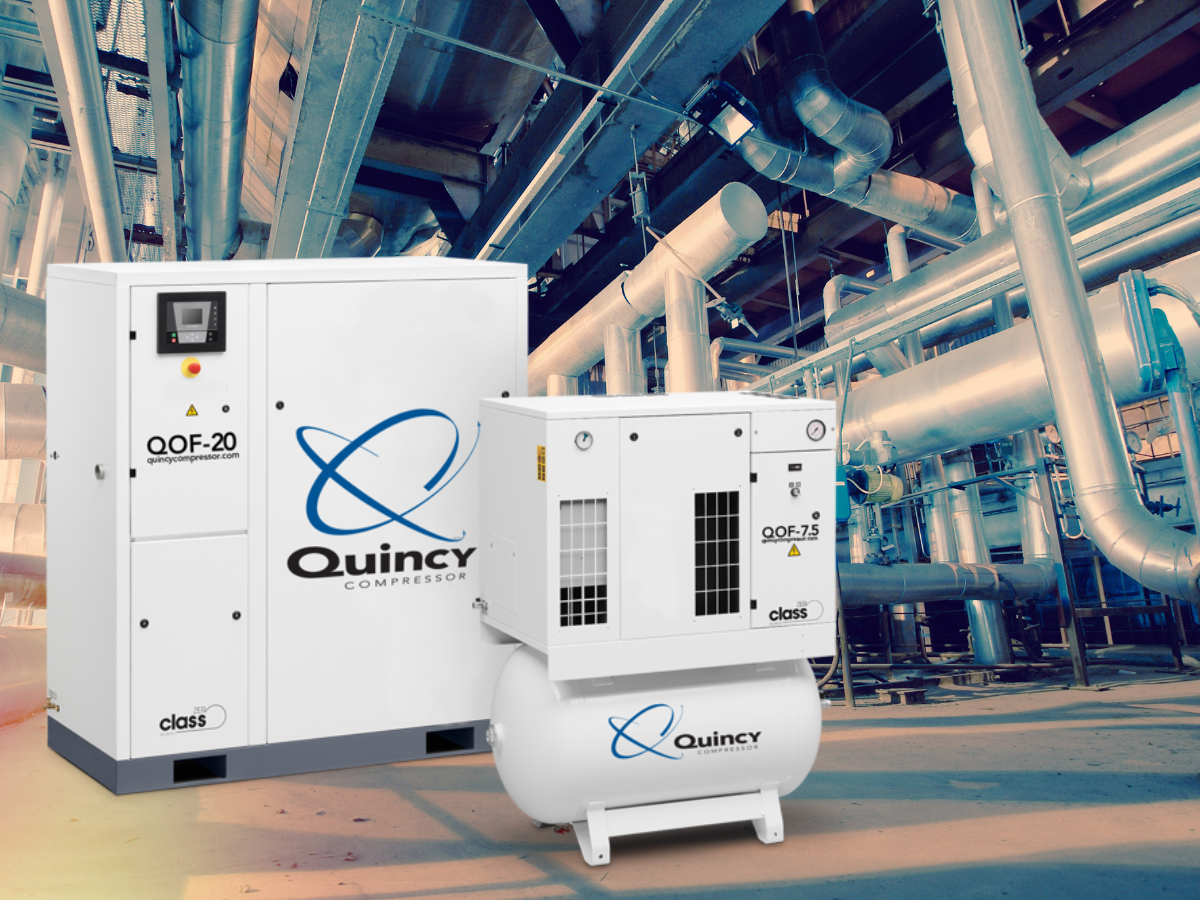
Air compressors are a functional and important part of the manufacturing industry, so there are various air compression technologies available to meet the needs of just about any application. Because scroll air compressors are available oilless compressors, they are a versatile option, but how do you know if scroll compressor technology is the right choice […]
The Anatomy of Reciprocating Compressors
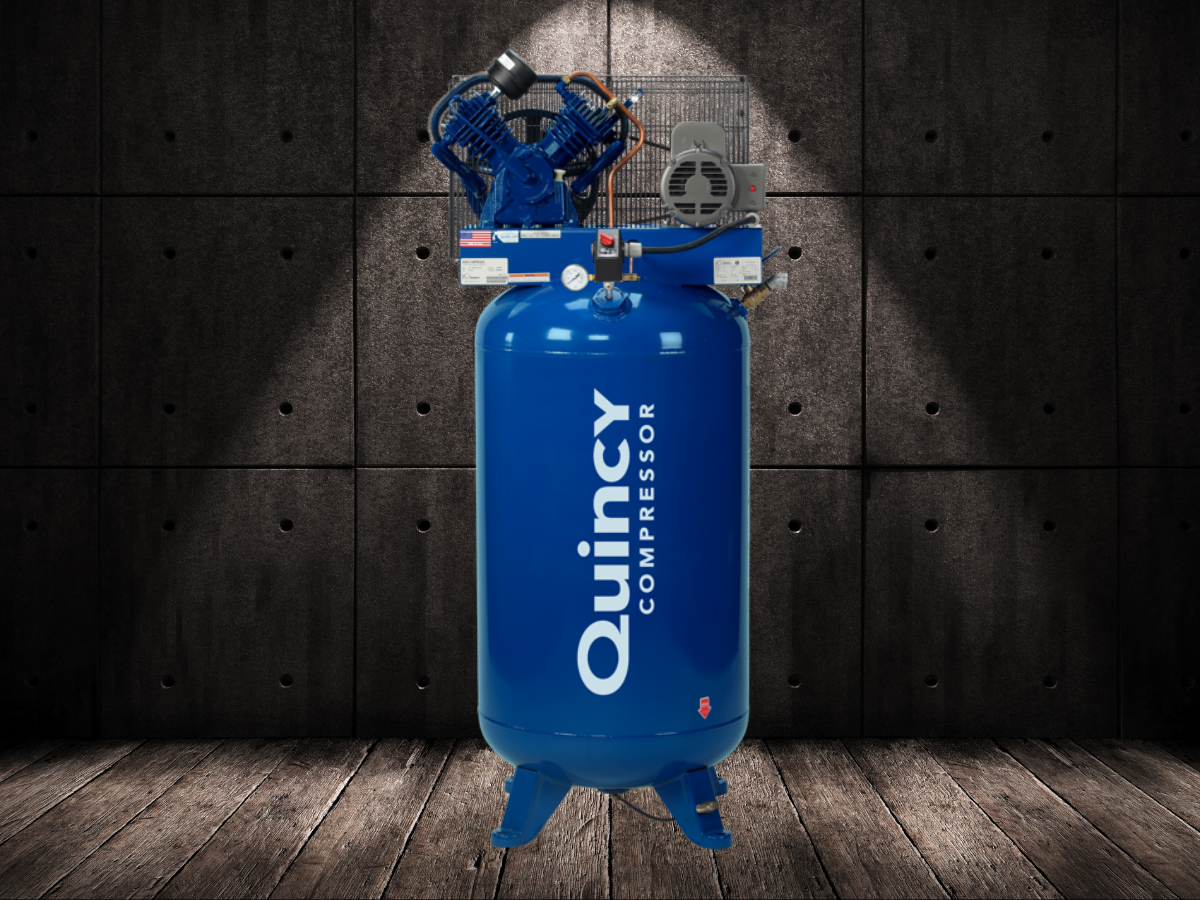
Air compressors are integral to most facilities where compressed air is used to power pneumatic tools and machinery and may be used directly in the manufacturing of products. Because there are so many different applications and facilities, there are several types of air compressors available to suit various needs. Here we will explore reciprocating compressors, […]
How to Size Compressed Air Piping
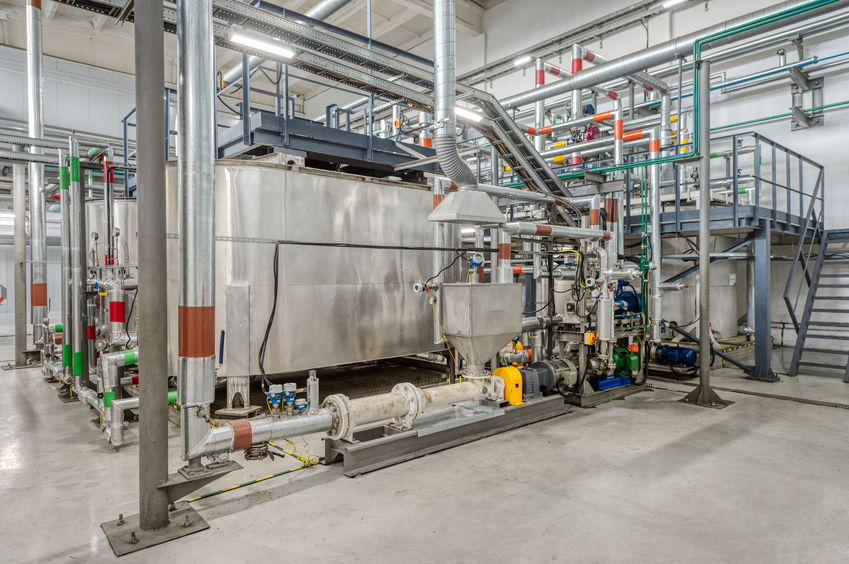
The compressed air piping system has a direct impact on the overall performance and efficiency of an industrial air compression system, making proper sizing of air compressor lines especially critical in system design and operation. Inaccurate compressed air pipe sizing will result in inefficient – and expensive – delivery of the air from the compressor […]
Versatile Applications of Air Compressors Between 5 and 15 HP
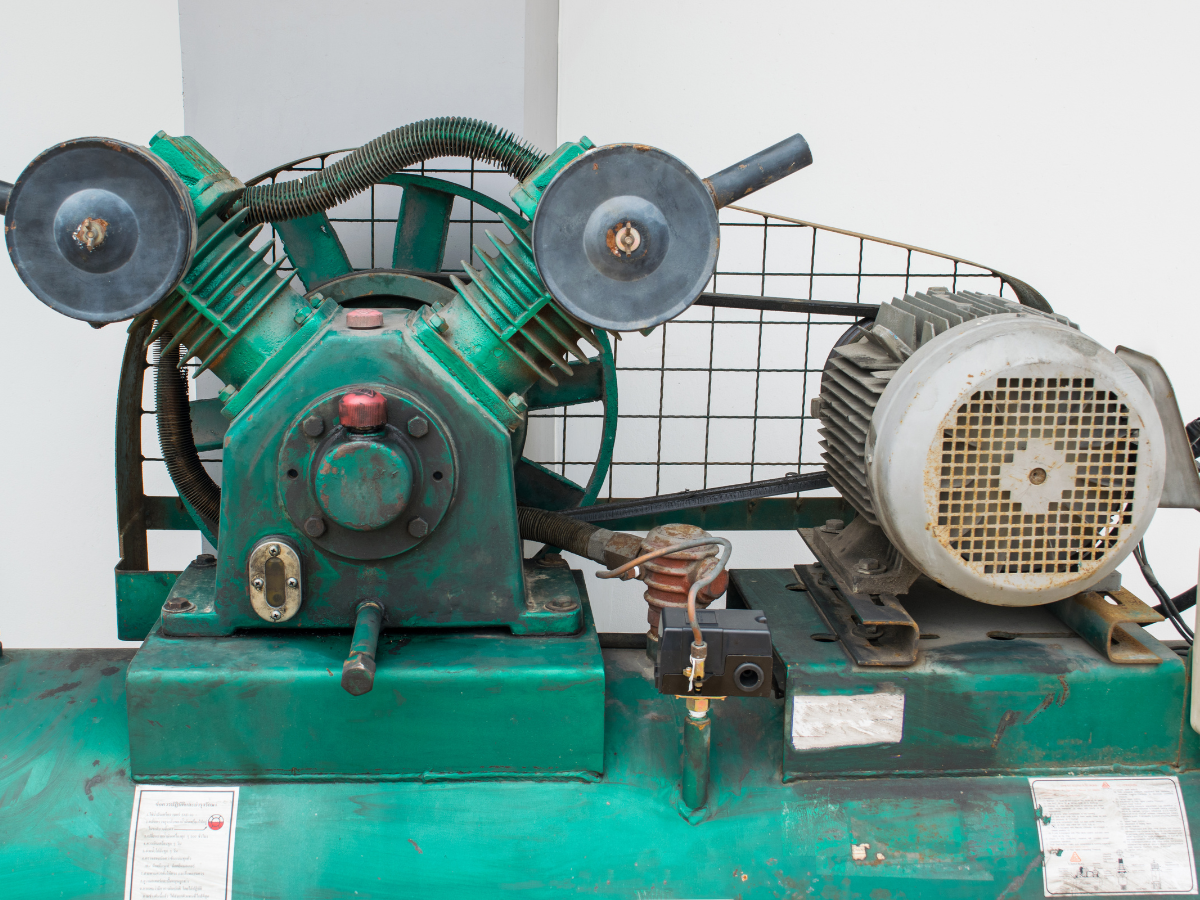
A lot of attention is given to large air compressors – and for good reason: they serve as the heartbeat of industrial facilities as they power robotics end of arm tooling, automated air-powered equipment and industrial tools. However, there are a lot of applications that can be served by smaller units, such as 5 hp […]
Why Every Rotary Screw Air Compressor Needs an Air Dryer
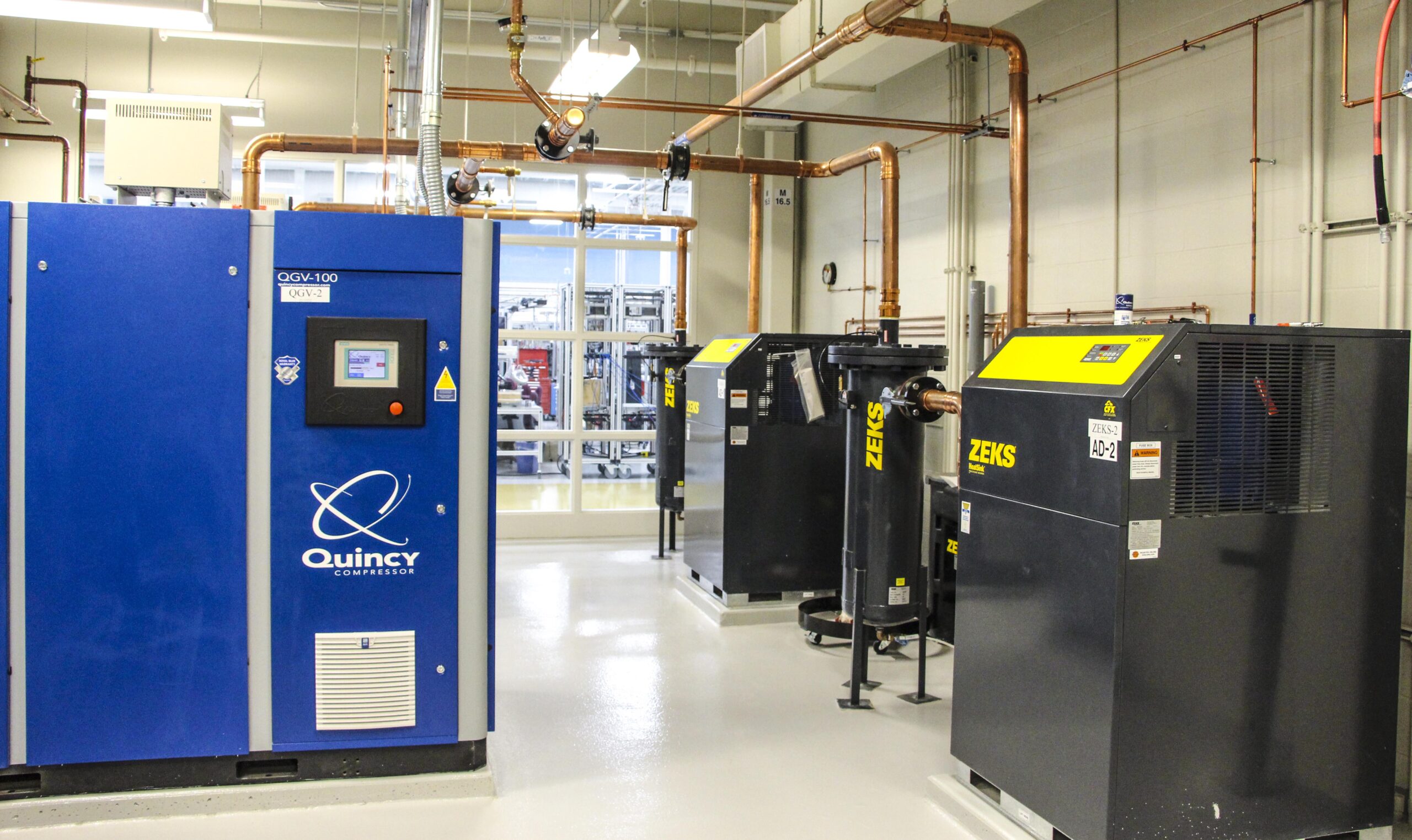
Moisture is the enemy of every compressed air system as it can damage components including piping and valves, as well as the pneumatic machinery and tools it operates and can lead to the delivery of impure air that may result in contamination of finished goods. However, water vapor is an inevitable byproduct of the air […]